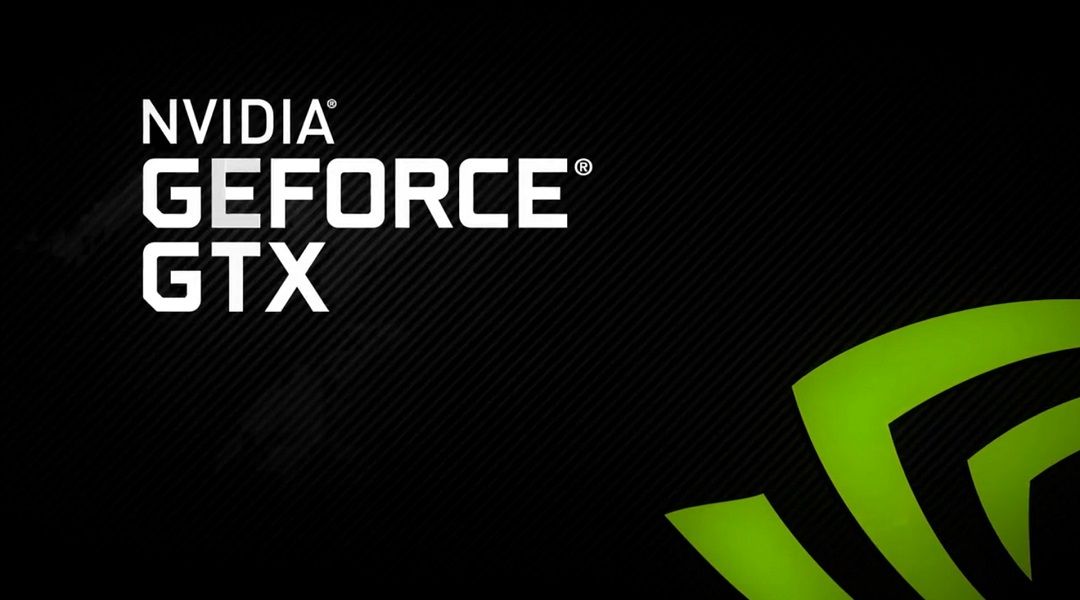Nvidia settles a class action lawsuit that alleged false advertising charges against the company's GTX 970 graphics card, and it's going to be costly.
There are very few companies that push as hard for the continued perception of PC users experiencing superior gaming experiences when compared to their console brethren as Nvidia. Every year the tech company behind the GeForce series of graphics cards pushes the hardware even further while simultaneously making bold claims about PCs being better than the PS4 and Xbox One, and at the heart of those claims is an often very impressive list of specs for each GeForce graphics card.
Unfortunately for Nvidia, however, the company has been dealing with a class action lawsuit filed in February 2015 regarding false advertising over just such a graphics card - the GeForce GTX 970, a card that first hit shelves in September 2014. Even worse still for the graphics giant, news surfaced today that revealed Nvidia had reached a settlement with the the plaintiffs, all purchasers of the GTX 970, and that the decision to settle would be a very expensive one.
The claim centered chiefly around the fact that the GTX 970 was marketed as a card with 4 GB of memory when it in fact only had 3.5 GB of space available. While the discrepancy might be small, that difference, alongside some other smaller ones, is now going to cost Nvidia $30 USD to every single member of the settlement class. That isn't limited to just the plaintiffs in the case, however - the settlement class is defined as any U.S. resident or entity that purchased a GTX 970 in the U.S. from Nvidia, Asus, EVGA, Gigabyte, or any authorized retailer before August 24, 2016.
While the hefty price tag of Nvidia's new $1,200 Titan X graphics card is sure to recoup some of the money that will be lost in paying the settlement, it's still a hefty blow to the company. There isn't a cap on the claims, and it's fair to assume that Nvidia moved a lot of GTX 970 cards since that model's release. The GTX 970 is the baseline GPU for compatibility with VR headsets like the Oculus Rift or the HTC Vive, and a lot of gamers interested in VR might have made the upgrade to the card to meet the minimum requirement for VR as cheaply as possible.
The GTX 970 is also one of the most popular graphics card among users on Steam according to Valve's monthly hardware survey, as a whopping 5% of respondents' indicated it is their hardware of choice when gaming on the PC. Nvidia probably isn't the first company to lie about specs to sell PC gamers on the hottest new hardware, but if Nvidia's settlement is as expensive as it looks like it might be, it could very well be the last.
What do you think about the settlement? Is $30 fair for a 0.5 GB difference in memory? Let us know in the comments below.
Source: U.S. District Court for the Northern District of California (via Polygon)

